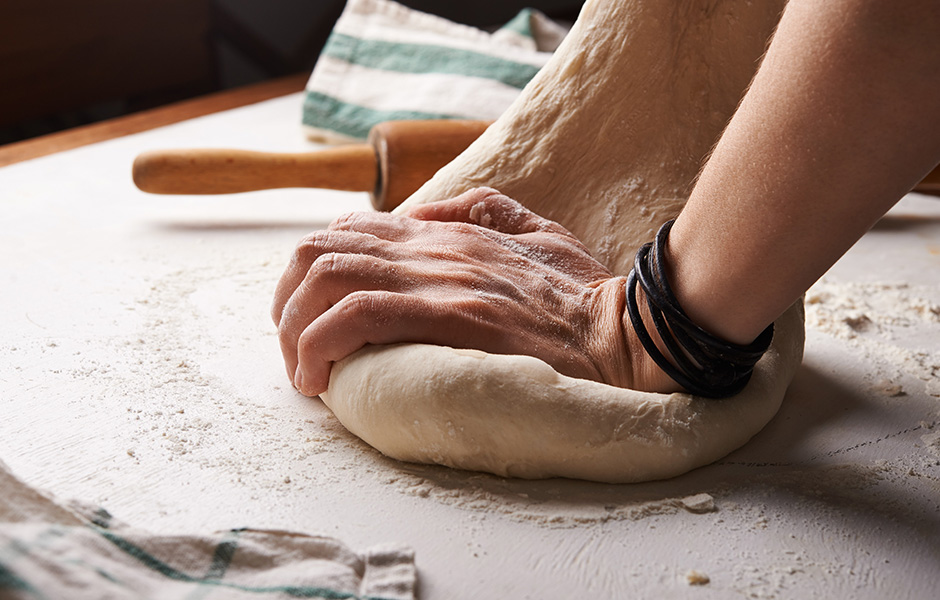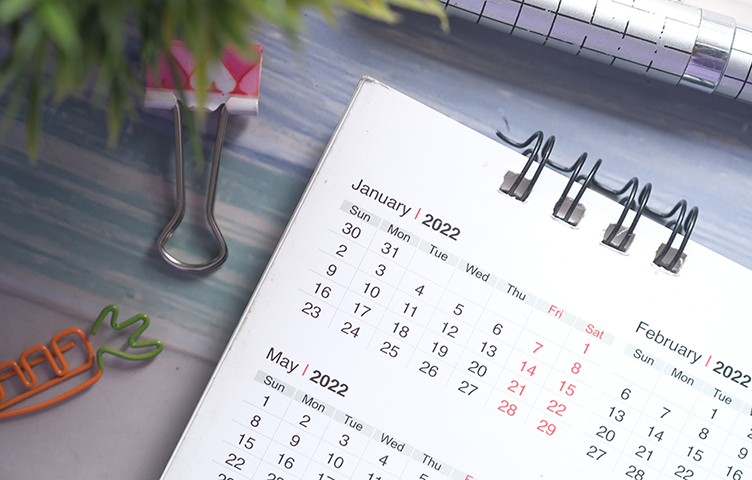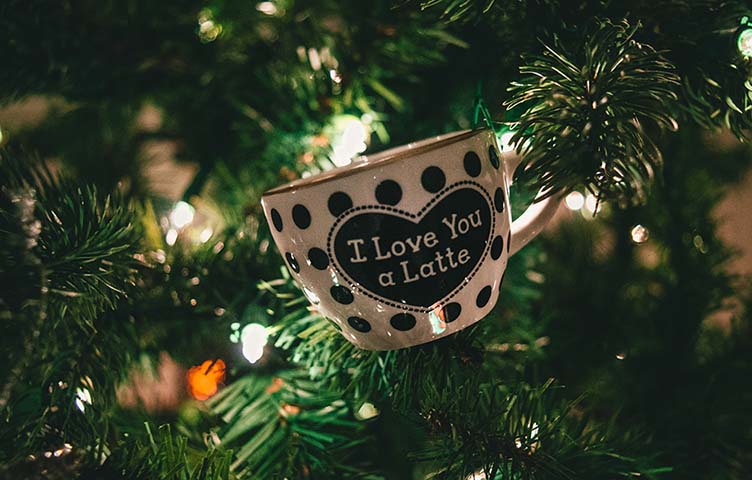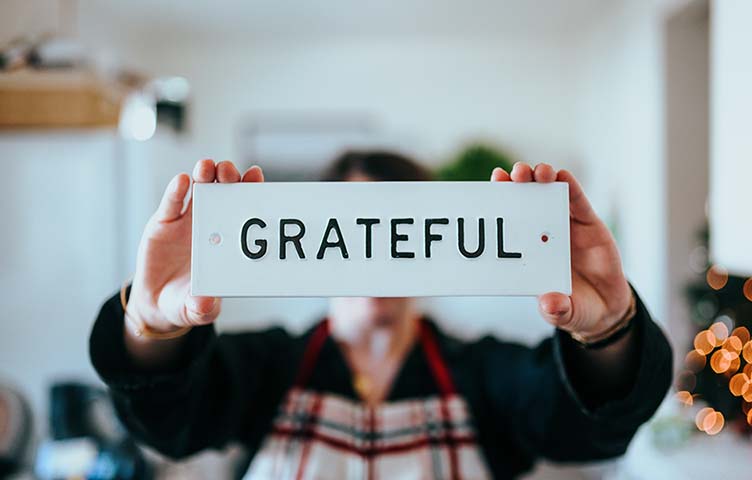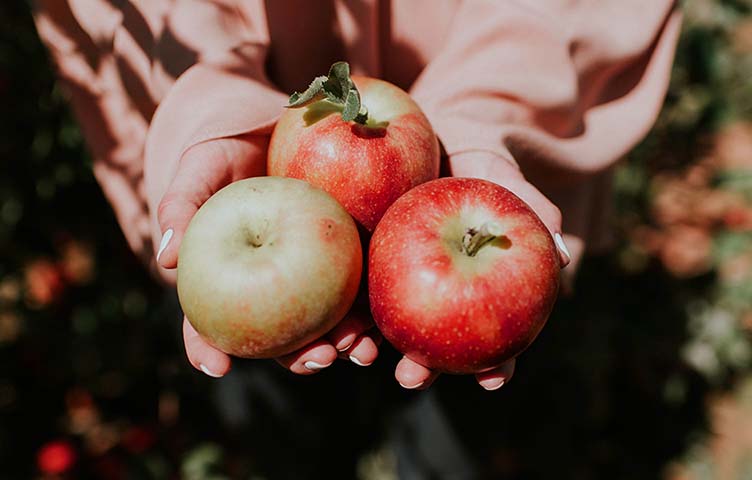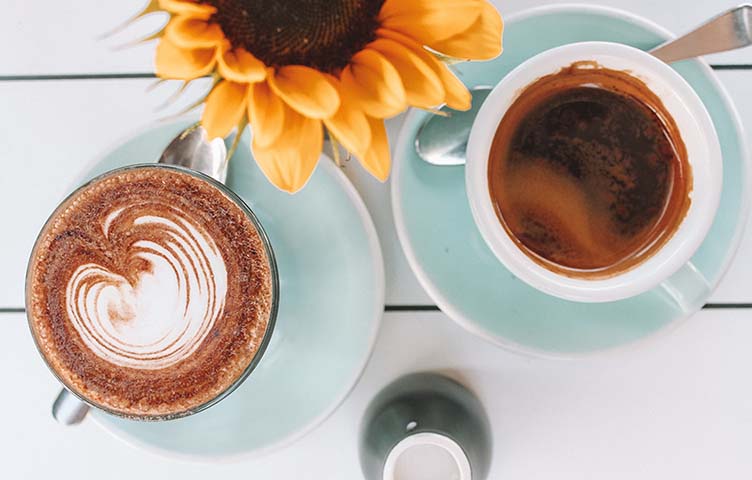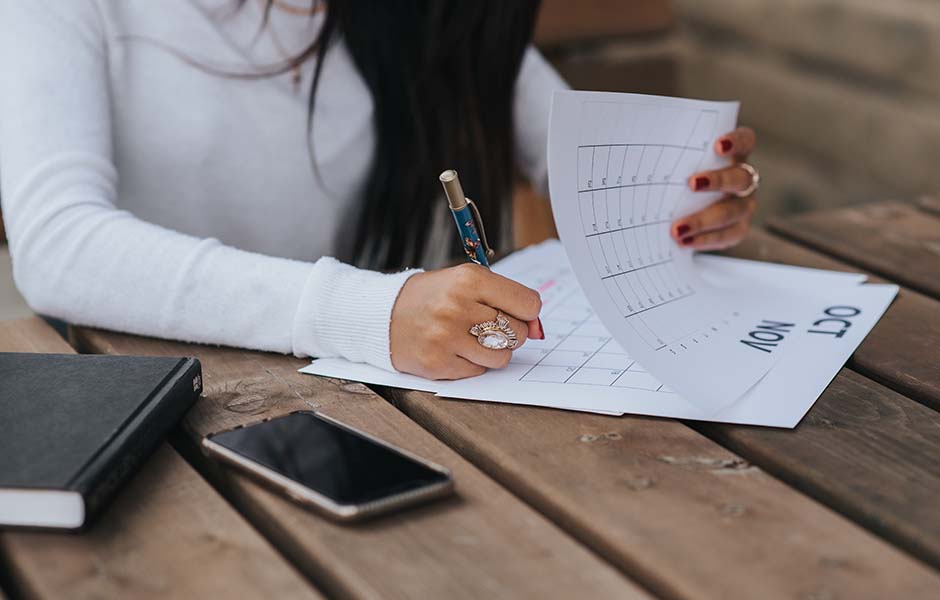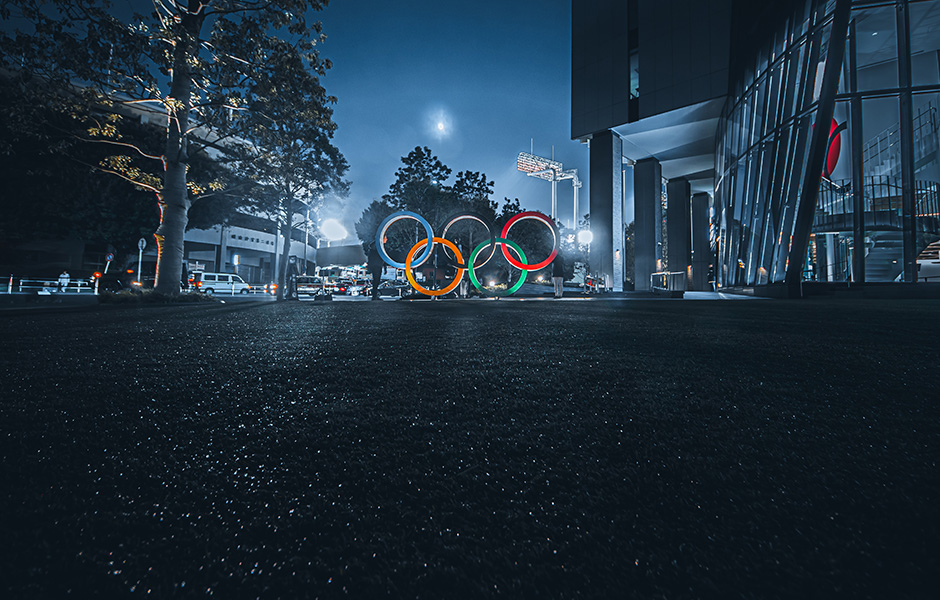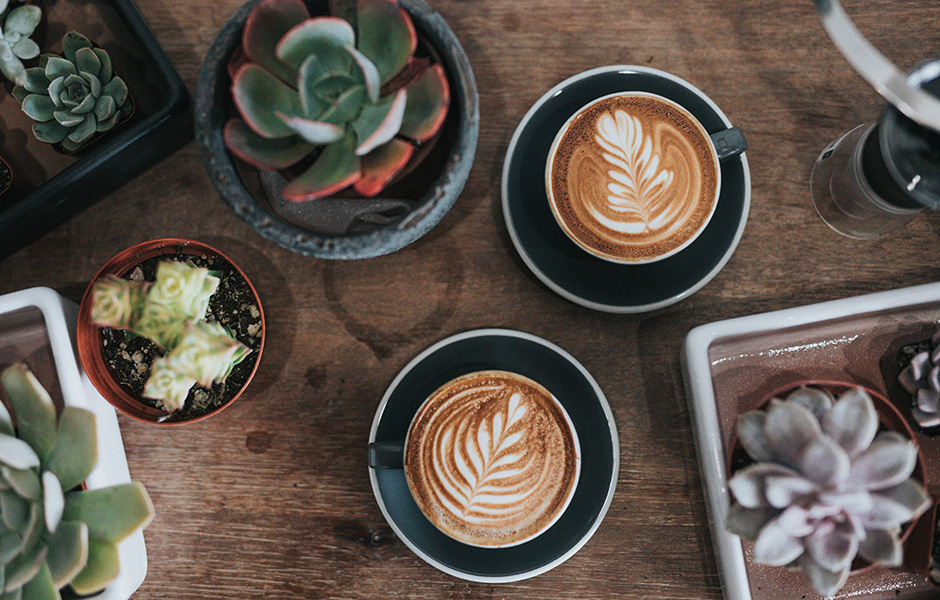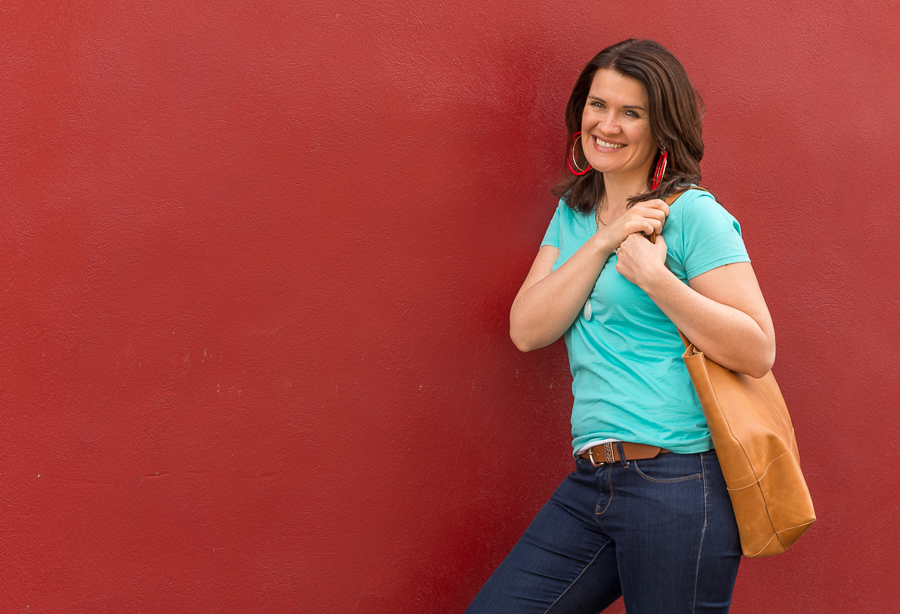There’s this thing that happens when you make the most of a bad situation for longer than you should: once you leave, all the crappy stuff comes back to you. It doesn’t stay in the past, where you thought you left it. Instead it oozes out of you in the most inconvenient times.
It weighs you down, in the very moment you’re ready to move forward.
That’s exactly how I felt when I left church ministry. Just when I thought I’d made my escape, all the pain I hadn’t dealt with or even acknowledged, rose to the surface. And, as I hadn’t jumped into another career, the hurt and loss was all I could see.
Until one day, walking through our local farmer’s market with Tony, I looked down and saw a loaf of bread. It was whole wheat, and already sliced perfectly for making sandwiches. It wasn’t anything fancy like a baguette or a loaf of challah, which was fitting. Because, it wasn’t the bread that was special, it was the thought that entered my mind as soon as I saw it:
“I think I could make this.” Before I knew it, the words were no longer in my head, but spoken out into the air for Tony to hear.
“I bet you could,” was all Tony replied. My bread baking journey had begun.
In the dark winter months that followed, I learned there are different kinds of yeast. That if the water is the wrong temperature it can kill the yeast completely. And that the right kind of yeast, the perfect temperature water, and a little bit of time, can turn a bowl of flour into a beautiful loaf of bread.
I also learned that the beginning of this process almost always looks the same. I’d mix these ingredients together with a spatula until just combined. Then I’d turn the sticky or messy dough out onto the counter and knead it until I could feel the gluten begin to form. Soon, a smooth ball of dough took shape in my hands.
Kneading dough was therapeutic.
Baking bread filled our apartment with one of the most amazing smells. And pulling fresh loaves out of the oven, all crackly and warm, seemed to give me back a piece of myself I hadn’t realized I’d lost in my job.
When something ends, it’s often difficult to imagine a new beginning.
When something ends, it’s often difficult to imagine a new beginning. When we lose a person we love, there’s a void that can never be filled. And when there are pieces of us that were stolen or misused—even if we gave those pieces freely—we can’t help but wonder if we’ll ever feel whole again. It is in these moments, we need our creative gifts the most.
Though our world would have us believe that our talents and abilities are only worth something, if we’re getting paid to use them, God has given us creativity for so much more. It’s not only a gift that can put food on the table, or one we give to others—it can also be the gift He has given to us, to help us heal.
Creativity reminds us of who we are, when life has made us forget.
Creativity reminds us of who we are, when life has made us forget. It is a God-given ability to bring beauty out of our darkest and most painful situations. As Christie Purifoy writes,*
“Art begins when someone recognizes that things are not as they should be. Our art is born in the ache between death and resurrection, and we make art in the empty hours between Friday and Sunday. Whether we speak of poems or paintings or places, all art acknowledges an absence and dreams of something other, something more. Art is the material form of hope.”
Sadly, so many of us still believe the discouraging words we were told as children about our creative abilities. We falsely believe we must solely create for a purpose. Or, we compare what people are doing online to what we think we’re capable of and we label ourselves “non-creatives.” So that when bad things come, we’re left feeling powerless when God has given us a powerful tool to help us process and heal.
God has given us a powerful tool to help us process and heal.
Running a paint brush across a canvas, putting pen to paper, and yes, kneading dough with our hands are just a few of the endless creative ways you and I can process our pain. Now, this isn’t to say creativity is a substitute for counseling—as in many cases, we will need both. But it is to say that something powerful happens when we give ourselves the gift of expressing our experiences in tangible and artistic ways. Because, as I discovered,
Creativity reminds us of who we are.
What pain have you been carrying around for far too long?
What recent pain do you need to process?
What could therapeutic creativity look like for you?
*From Christie’s book, Roots & Sky: A Journey Home in Four Seasons.
Often, before we create, we need to clear some space for ourselves—not just physically, but mentally too. Sign up for my email list, and get my Five Ways to Declutter Your Mind resource. In it I share five ways to cut through the noise in your life, to find more peace and clarity.

